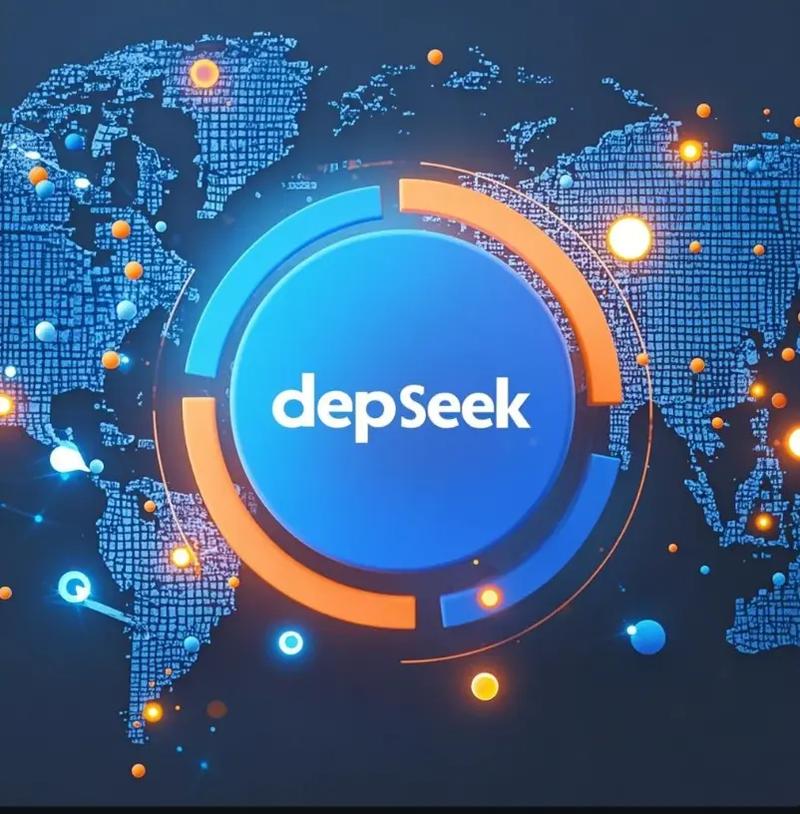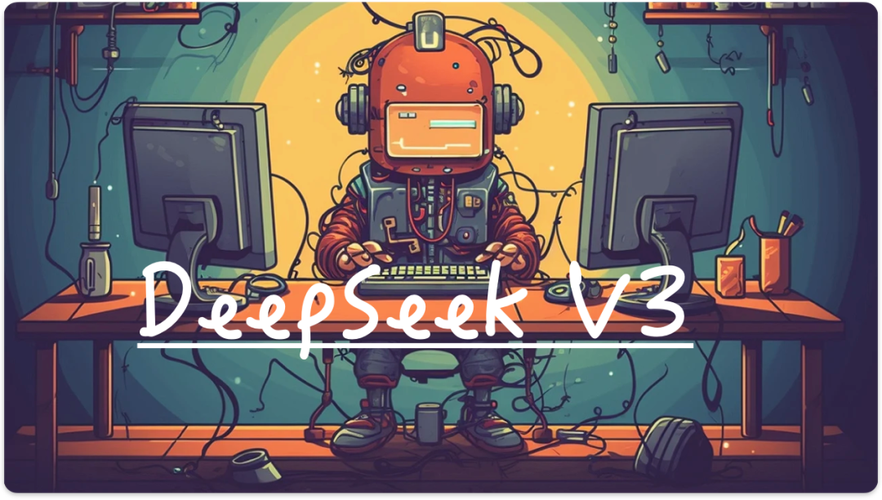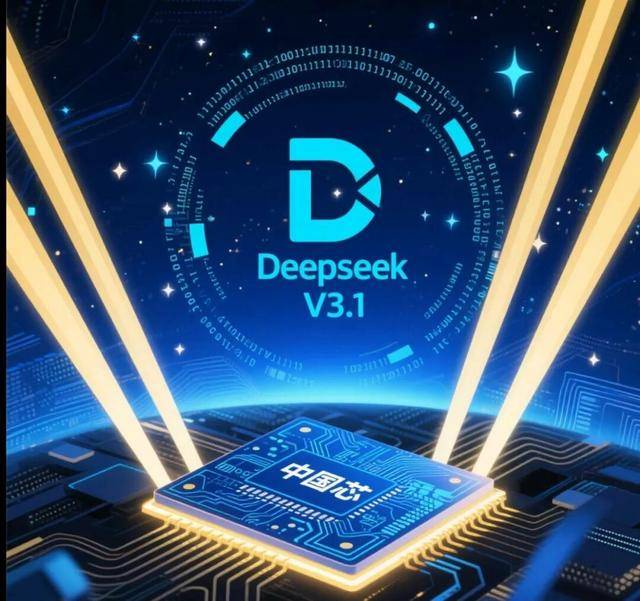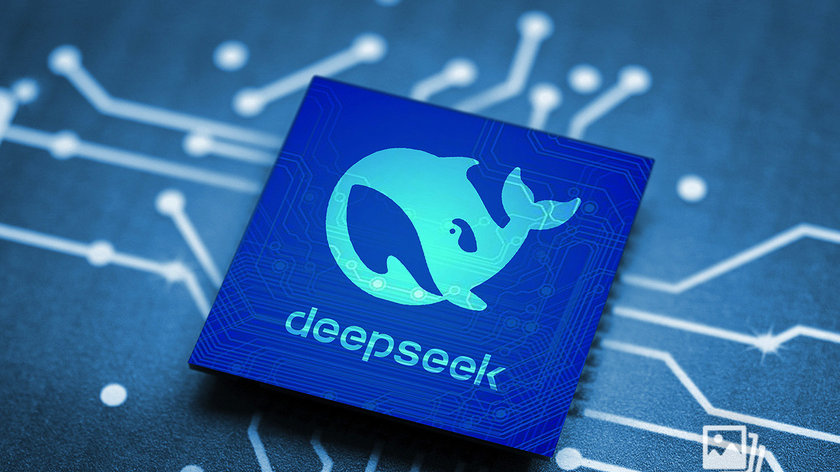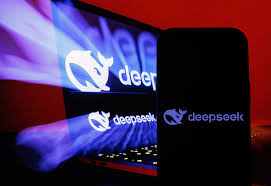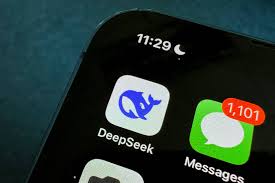Will China's AI Destroy American Tech? | DeepSeek vs ChatGPT | GRAVITAS
Introduction
In recent years, the global AI race has intensified, with China’s DeepSeek rising as a formidable contender against America’s dominant AI systems, most notably OpenAI’s ChatGPT. This head-to-head technological competition is about more than just models — it’s about economic influence, digital sovereignty, and the future of innovation.
In this comprehensive report, we explore the growing rivalry between Chinese and American AI, focusing on DeepSeek and ChatGPT as symbolic representatives of their respective nations. Will China’s AI surpass or even destroy America’s current tech supremacy? Or are we heading toward a bipolar AI ecosystem?
Section 1: The Rise of DeepSeek — China’s AI Powerhouse
What Is DeepSeek?
DeepSeek is an open-source, large-scale AI model series developed in China that gained global recognition in 2024–2025. With models like DeepSeek V3 and DeepSeek R1, the project embodies China’s ambitions to build AI that is powerful, affordable, and accessible.
Key Specs of DeepSeek V3:
-
671 billion total parameters (only 37B activated via Mixture-of-Experts)
-
128K context window
-
Open-source deployment on local GPUs
-
High benchmarks in multilingual NLP, coding, and reasoning tasks
Strategic Positioning
DeepSeek is not just a model; it’s a statement. By focusing on:
-
Local deployment (sovereignty)
-
Low-cost APIs (scalability)
-
Open-source licensing (trust and auditability)China is positioning DeepSeek as a viable global alternative to American AI systems.
Section 2: ChatGPT — America’s AI Icon
What Is ChatGPT?
Developed by OpenAI and backed by Microsoft, ChatGPT represents the pinnacle of Western AI development. With the release of GPT-4o in 2024, ChatGPT became a multimodal agent capable of handling:
-
Text
-
Audio
-
Visual input
Strengths of ChatGPT GPT-4o:
-
Dense Transformer architecture
-
Seamless integration with Microsoft Office
-
Industry-standard APIs
-
High-quality, nuanced natural language generation
Soft Power & Global Reach
ChatGPT is embedded into:
-
Microsoft Teams
-
Office 365
-
Bing search
-
Popular educational tools
Its influence extends far beyond coding — into customer service, education, entertainment, and policymaking.
Section 3: DeepSeek vs ChatGPT — Technical Showdown
| Category | DeepSeek | ChatGPT (GPT-4o) |
|---|---|---|
| Open Source | ✅ | ❌ |
| Local Deployment | ✅ | ❌ |
| API Price (per 1M tokens) | ~$1.2 | ~$15 |
| Vision/Audio | ❌ | ✅ |
| Context Window | 128K | 128K |
| Coding Benchmark (HumanEval) | 65.2% | 74.0% |
| Reasoning (MMLU) | 87.1% | 86.5% |
| Languages | ZH, EN, JP, KR, FR | EN, ZH, ES, DE, FR, etc. |
Interpretation
-
DeepSeek dominates cost-efficiency and local control.
-
ChatGPT leads in multimodal interaction and UX polish.
Section 4: Economic & Geopolitical Stakes
AI as Strategic Infrastructure
Both the U.S. and China view AI not just as a tool, but as critical national infrastructure.
-
The U.S. relies on private sector leadership (OpenAI, Anthropic, Google DeepMind).
-
China promotes national champions (DeepSeek, Zhipu, Baidu).
Global Export Model
-
U.S. tech exports high-end AI through cloud services and corporate integration.
-
China offers local deployment kits, open weights, and lower costs — appealing to:
-
Developing countries
-
State agencies
-
Sovereignty-conscious enterprises
-
Section 5: Key Strengths of Each AI Ecosystem
Why DeepSeek Could Disrupt American Tech
-
Price Leadership — API rates ~90% cheaper
-
Developer Freedom — LoRA fine-tuning, on-premise use
-
Sovereignty Appeal — No reliance on U.S. cloud infrastructure
-
Academic Adoption — Used in Chinese universities for large-scale NLP projects
Why ChatGPT Maintains an Edge
-
Multimodal Capability — Vision, speech, and text fusion
-
Ecosystem Maturity — Integrates with Office, Azure, Salesforce
-
Security & Compliance — Trusted by Fortune 500 firms
-
Language Nuance — Superior in storytelling, tone, and human-like responses
Section 6: Will China’s AI Destroy U.S. Tech?
The Case for "Destruction"
If “destroy” means:
-
Displacing market share in Asia, Africa, and Latin America
-
Outpacing in affordability and accessibility
-
Dominating open-source innovationThen yes — DeepSeek has the potential to erode Western dominance in key sectors.
The Case for Coexistence
However, the global AI market is massive, and:
-
U.S. models dominate English-speaking enterprise markets
-
Chinese models dominate Asian language domains and sovereign deployments
The more likely scenario is a bipolar AI world, where:
-
OpenAI leads cloud AI
-
DeepSeek leads edge AI and open research
Section 7: The Gravitas of It All
This rivalry is about more than just performance:
-
Cultural influence: Whose AI understands your humor, idioms, and context?
-
Economic power: Which system fuels more businesses and job creation?
-
National security: Which AI ecosystem can be trusted by governments?
The stakes are existential — not just for developers, but for citizens, educators, and policymakers.
Conclusion
DeepSeek vs ChatGPT isn’t just a battle of models — it’s a proxy war for digital leadership in the 21st century.
-
Will DeepSeek “destroy” American tech?
-
Possibly, in specific domains (cost-sensitive, sovereign AI).
-
-
Will GPT and DeepSeek continue to grow side-by-side?
-
Likely, as both ecosystems specialize.
-
Gravitas isn't about noise. It's about weight — and both models carry serious weight for the future of technology.
Final Thought:
Prepare for a world where Chinese and American AI coexist, compete, and shape humanity’s collective future. The question isn't who will win — it's how we will balance power, ethics, and innovation in a world where both speak, think, and respond in real time.
